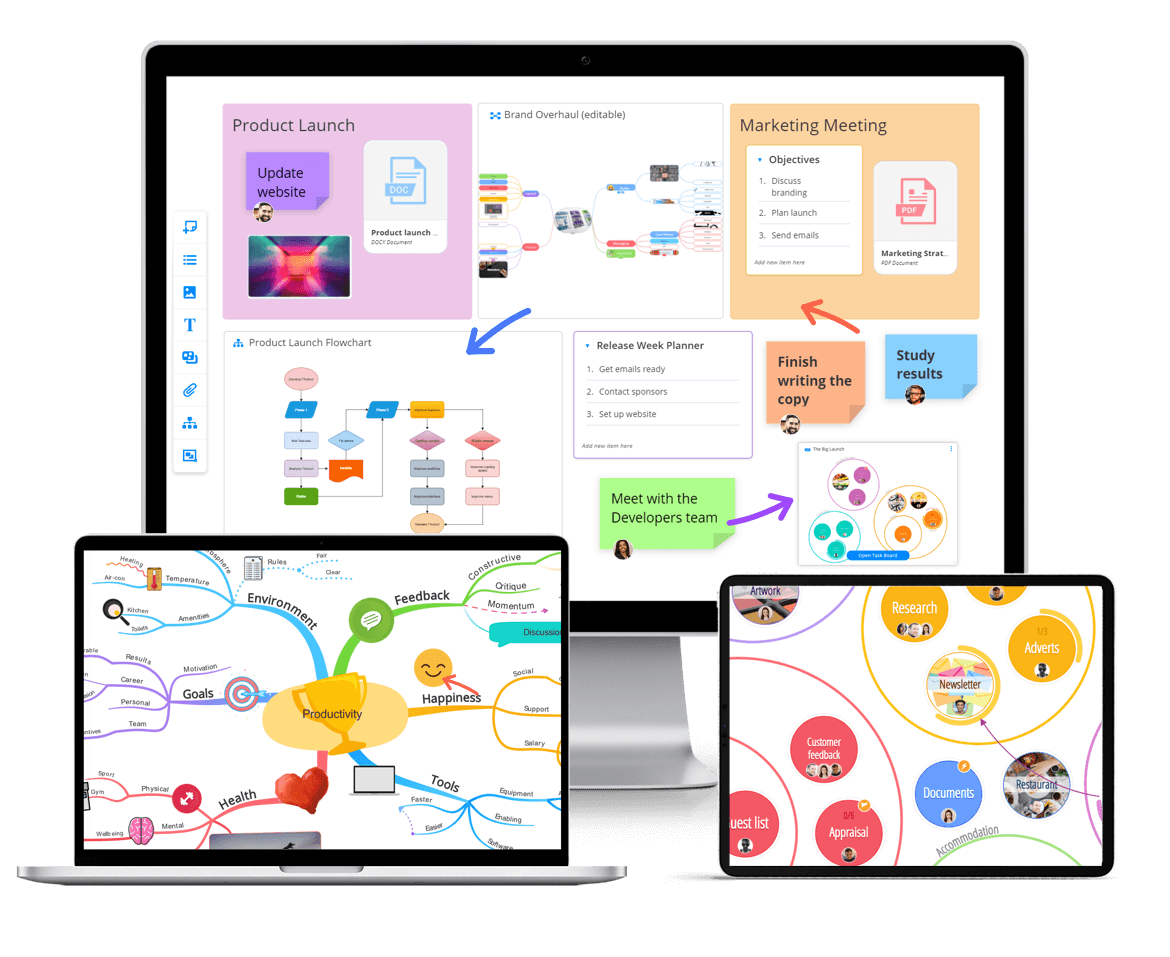September 1, 2021 (Updated April 3rd, 2024)
A manager’s guide to supporting neurodiversity in your team

What is a manager? For most employees, their manager is their immediate supervisor; their first port of call when it comes to signing off work and taking on projects. Though we don’t necessarily talk about managers in this way, they’re also leaders. The people who attend to the ins and out of daily working life for a whole team of people.
Because managers are overseers, discussion is often centered around how team members are performing in the eyes of the manager. Yet, the manager – too – has a responsibility to their team. Good leadership has real, tangible results for employees, and for companies overall, too.
For many, work-life balance starts and ends with the decisions made by the manager. As does each individual team member’s ability to keep learning, growing and improving in their role. So, when it comes to something like neurodiversity, it’s up to the manager to provide the support necessary so that neurodiverse teams – made up of both neurotypical and neurodivergent (ND) employees – can work successfully together. Keep reading for Ayoa’s manager’s guide to supporting neurodiversity in your team.
Know your stuff
First and foremost, support begins with understanding. Remember that 1 in 7 people are neurodivergent, so you should never assume that your team is wholly neurotypical. Considering that many neurological conditions still go undiagnosed and seeing as some ND people still feel uncomfortable revealing their condition due to lingering stigma, it’s always best to work under the assumption that someone you manage is ND.
Though the term ‘neurodivergent’ is often used as a catch-all term, it’s important to know that this refers to a number of conditions including: ADHD, autism, dyslexia, dyspraxia, dyscalculia and Tourette syndrome. Familiarising yourself with discourse around neurodiversity, the politically correct terms and suitable ways to address these conditions will help you avoid saying anything unintentionally harmful or alienating.
There is not one single way to address or accommodate these different neurological differences, but knowing a little bit about each – and the needs associated with them – is a good place to start. Speak to your team members and ask how they’d like to work. Whether it’s switching up communication styles for an autistic employee or avoiding dense, wordy emails with a dyslexic team member, working with your team members to find how they like to work both empowers them and enables them to achieve their best work.
Care for your team
This may sound obvious, but when caught up in the thick of the busy every day, it’s easy to forget about the world outside work. Your employees are human beings with lives outside of work and should be treated as such. By developing genuine, appropriate relationships with your team you’ll find that you naturally become better at accommodating any requirements they might have. Plus, if you’re approachable, members of team are much more likely to open up an honest dialogue with you about how they’re feeling.
Of course, as a manager, your job isn’t only to oversee team members as individuals, but also as a collective whole working towards a shared goal. You can help foster this comradery by being encouraging open discussion of sensitive issues such as wellbeing, mental health and neurodiversity. Create an accessible forum for the discussion and set some safekeeping ground rules beforehand. Shared mind maps in Ayoa are one great way of creating an accessible shared space where people can share ideas, thoughts and feelings – whether through words or images – without the pressure of speaking up in front of others directly.
Switch up your work equipment
The right work tools are always important in supporting a good team, but when it comes to supporting a neurodiverse group of employees, in particular, this is especially true. So many cornerstones of modern work – spreadsheets, emails and meetings – can throw up issues for ND employees. And when everyone is interacting with these things assuming they are universally accessible, the fear and shame ND employees feel in speaking up is doubled. So, how can managers address this?
Well, by working to switch up equipment with inclusive alternatives. This is something best undertaken with HR, so that you can make sure that everything from speech to text software to colored paper is on hand for whenever it might be needed. Where possible, seek out tools that can be used by the whole team when it comes to shared work (otherwise you risk singling out ND team members, and making them feel the odd one out).
You can do this by switching spreadsheets and docs, and instead opting for work management tools which allow different individuals to view the same work in a variety of ways. Ayoa has a whole host of work views, and has received much acclaim for its flexibility, visuality and ability to host everything from light ideation to full project management. Opting for a work app like this means being inclusive of everyone, whether they’re neurotypical or neurodivergent. After all, it’s the little every day things which make a big difference overall.

The all-in-one remote work toolkit
Ayoa is an all-in-one platform that allows teams to collaborate seamlessly while working from home. Integrations with Dropbox and Google Drive allow you to stay productive and avoid switching between apps.
Try it for free
